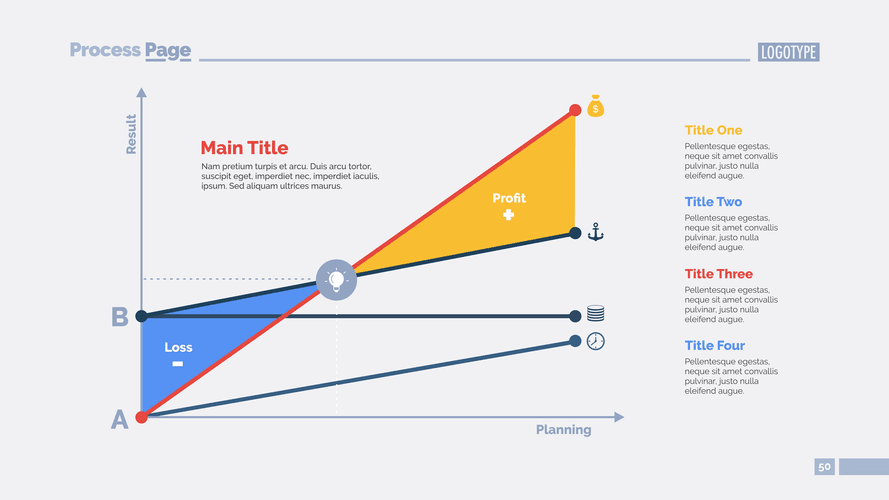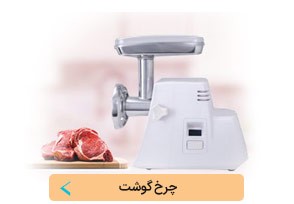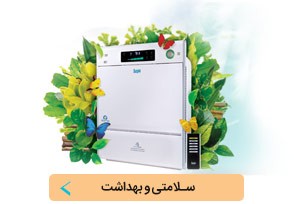
IPA integrates robust security features, including data encryption and automated fraud detection, to protect sensitive financial information. As businesses expand, the volume of transactions and invoices grows correspondingly. IPA provides the scalability needed to HVAC Bookkeeping handle increased workloads efficiently without requiring proportional increases in manual effort. Industries such as e-commerce and technology rely on IPA to manage their financial operations seamlessly as they scale. Transactions are automatically entered into the accounting software and linked to the corresponding invoices, ensuring a seamless flow of data and maintaining an audit trail of approvals. IPA systems intelligently extract key vendor and payment details from invoices, continually learning and adapting to improve the accuracy of data extraction over time.
What are the Challenges of Manual Accounting?
Working with cutting-edge technology and focusing on strategic advisory and analysis can be far more attractive than spending hours on repetitive data entry. AI can also create new career paths within the accounting field, such as data analysts and AI specialists, offering exciting opportunities for growth and development. This automation not only saves CPAs time, but also ensures greater accuracy and helps clients optimize their tax liabilities.
Payroll processing
Accountants that are tasked to identify errors can spend several hours locating and fixing these entries. Having multiple CPAs working manually on several general ledgers can even be worse. However, there are many more aspects to consider when handling the finances of a business. Calculating tax reductions and keeping receipts for future reference are just a few of the things an accountant does to help keep a business afloat. However, while many accounting professionals welcome the prospect of a more streamlined approach to accounting principles, there are those who fear that they may lose their jobs to this software technology.
- It carries with it a high risk of non-compliance, data security compromises, and process inefficiencies.
- You can create bills, maintain stock, track account payables/receivables, record expenses, track cash & bank balance, etc.
- As many as 44% of small business owners who had cash flow issues admit that those problems were a surprise.
- One study, for example, showed that small business owners spend hours on bookkeeping per month.
- In such scenarios, introducing AI-powered invoice capture ensures near-perfect accuracy by eliminating manual data entry mistakes, miscalculations, and duplicates.
- This is why it pays to choose automation software that can scale seamlessly, easily handling spikes in data volumes.
Main Accounting Tasks to Automate
The right software also integrates seamlessly with accounting platforms, automatically syncing transactions, receipts, and reports, so there is no duplicate data entry. Customizable workflows help businesses stay efficient by setting up automated approvals, recurring tasks, and compliance checks. Plus, real-time reporting gives instant accounting automation insights into spending and cash flow, making financial decision-making easier. And as your business grows, scalability ensures your software keeps up with increasing complexity.


While the concept of automating your firm’s processes might seem overwhelming, it should also spark some excitement. Uncat lets you send a link to your clients with all uncategorized transactions in QuickBooks Online and lets them proceed with the info directly on their screen (ie. no spreadsheets required). We rely on bank and credit card transaction data to help us reconcile a set of accounts. To see how easy it is, I developed a 10-step process to automate A/R collections using InvoiceSherpa.
- Workflow automation is a set of activities that are put into place to establish a work process, with the objective of increasing efficiency and reducing errors.
- Accountants can use these tools to stay ahead of regulatory changes while reducing the risk of fines or filing delays.
- With AP automation, accountants can save time while ensuring accurate records and smoother workflows.
- They no longer need to sort through all of their transactions manually to know their financial status.
- Accounting automation is the process of using software and other technologies to perform tasks with minimal human intervention.
- Whether you’re a remote worker or looking to stay on top of your finances away from the office, cloud accounting software is an excellent way to easily access your accounting information on the go.
Hundreds of workflow templates to transform your accounting firm

Some start with small, high-impact improvements, like automating invoice approvals, while others go for a full transformation. For companies needing scalable automation for finance and beyond, Oracle NetSuite offers an end-to-end financial management solution. AI-powered finance automation provides real-time insights, helping businesses stay on top of budgets and plan for the future.
Report
For every company, including small businesses, accounting software is the core of its success. Finance functions are increasing the use of accounting automation where it makes the most sense. The goal is to boost efficiencies and align with digital transformation initiatives, either in the accounting and finance functions themselves, in the broader business, or both. Start by choosing which processes within your accounting workflow you want to automate. Automated accounting platforms protect sensitive data with end-to-end encryption, two-factor authentication, and role-based access controls.

- As such, you can speed up the turnaround time of your deliverables and financial reporting.
- Key features of an automated accounting system include data entry, reconciliation, invoicing, financial reporting, and forecasting.
- A sudden spike in orders would throw their small team into hours and hours of chaos.
- Errors in accounts payable can lead to misstatements in financial reports, compliance risks, and regulatory penalties.
- When you focus on how you can work with these innovations and use them to your firm’s advantage, you can actually advance your career.
- Intelligent Process Automation (IPA) is revolutionizing accounting by integrating technologies like AI, RPA, and NLP.
Industries such as distribution and supply chain management leverage these contra asset account integrations to streamline their financial processes. In traditional AP processes, team members spent a significant portion of their time handling administrative tasks such as sorting, filing, and scanning invoices. According to industry benchmarks, around 25% of time was dedicated to resolving errors and exceptions, with another 50% spent on approvals, coding, ERP transaction entry, and payment processing. This not only created inefficiencies but also consumed valuable time and resources. Modern intelligent AP automation systems are far more advanced than their predecessors, addressing process exceptions with precision.








